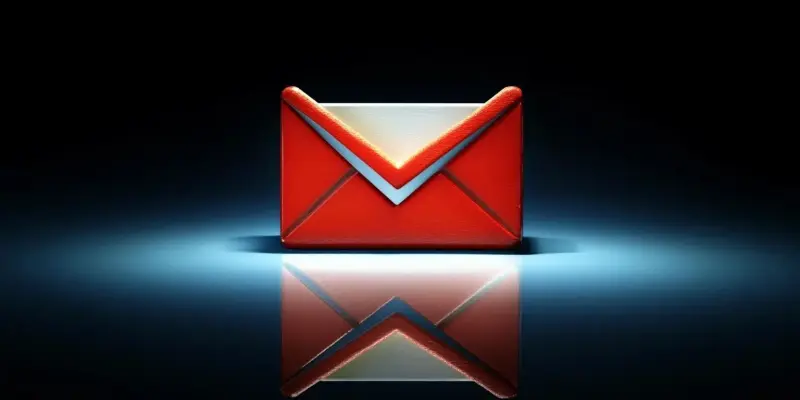Innovation continues to redefine our daily tasks, and Google’s latest AI-powered enhancements to Gmail are no exception, offering users innovative ways to manage their inboxes more efficiently and interact with their emails in smarter, time-saving manners. As artificial intelligence integrates further into our digital routines, Gmail’s new features aim to transform how we handle emails, ensuring we spend less time sifting through messages and more time on productive tasks.
Smart Reply Simplifies Quick Responses
Smart Reply takes the hassle out of formulating quick responses to emails. Driven by machine learning algorithms, Smart Reply scans the content of incoming messages and suggests context-appropriate responses. This feature is a significant time-saver, particularly for routine emails. By offering pre-written replies that suit the conversation context, it eliminates the need to type out each response manually, thereby streamlining communication.
Smart Compose Enhances Email Drafting
Building on the convenience of Smart Reply, Smart Compose uses advanced language processing to predict what you want to write next, offering sentence completions as you type. This not only speeds up the email drafting process but also ensures consistency in language and tone. Users can complete emails roughly 15-20% faster, making Smart Compose an invaluable tool for those who find themselves sending numerous emails daily.
Priority Inbox Keeps Urgent Messages in Focus
The Priority Inbox feature employs AI to categorize incoming emails by their importance, ensuring critical messages do not get lost in the clutter of less urgent correspondences. By learning from user behavior and preferences, Priority Inbox continually refines its ability to discern which emails are most important, helping users stay on top of their most pressing communications without manual sorting.
Email Nudges for Timely Follow-Ups
To prevent important emails from slipping through the cracks, Gmail’s Nudge feature reminds users to reply to messages that have been left unanswered for a certain period. It also prompts users to follow up on emails they have sent that have yet to receive a response. These reminders are particularly useful for ensuring that no critical correspondence is neglected, maintaining efficient communication channels.
Robust AI-Powered Spam Filtering
Spam emails are a persistent nuisance, but Gmail’s AI-powered spam filter provides an effective solution by blocking 99.9% of unwanted messages, including phishing attempts. Using sophisticated detection methods, this feature continually updates to recognize and filter out new types of spam, keeping users’ inboxes clear of distractions and potential threats.
Seamless Google Meet Integration
Addressing the growing need for efficient virtual meetings, Gmail now allows users to start or join Google Meet video calls directly from their inbox. This integration streamlines the process of scheduling and joining meetings, minimizing the need for separate meeting links and reducing email clutter. By providing direct access to video conferencing, users can manage their meetings more efficiently within a single platform.
Auto-Categorization for a Tidy Inbox
Gmail’s auto-categorization feature automatically sorts incoming emails into tabs such as Primary, Social, and Promotions. This organization helps declutter the inbox, allowing users to focus on important emails without being overwhelmed by marketing messages and social updates. The automatic sorting system ensures that each email is appropriately categorized, enhancing overall email management.
AI Continues to Redefine Email Management
Innovation continually reshapes our everyday tasks, with Google’s recent AI-driven upgrades to Gmail contributing to this trend. These advancements introduce novel methods for users to manage their inboxes more effectively and interact with their emails in smarter, time-saving ways. Gmail’s new features, powered by advanced AI, focus on automating routine tasks, suggesting responses, filtering essential messages, and organizing emails intuitively. These enhancements cater to the growing need for efficiency in professional and personal communication, emphasizing the role of AI in simplifying complex tasks. As AI technology becomes more embedded in our daily lives, its applications in platforms like Gmail exemplify how cutting-edge innovations can streamline our digital interactions, transforming our approach to email management and allowing us to focus on more critical activities.

